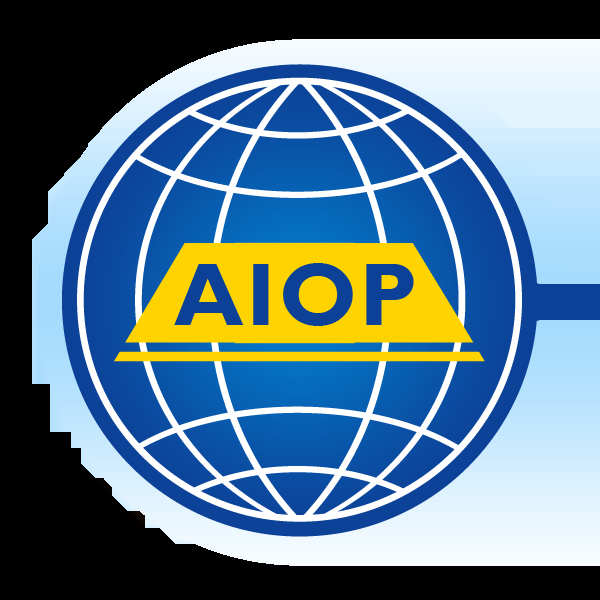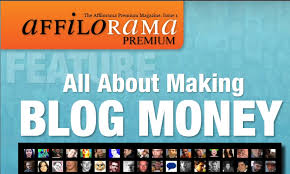Best Niche Blogging and The Basics of Profitable Blogging
In the ever-evolving world of digital content creation, blogging remains a powerful tool for individuals and businesses alike.
It allows people to express their passions, share knowledge, and even generate income. One of the key strategies for success in the blogging world is to find the right niche and understand the fundamentals of profitable blogging.
In this post, we will explore what niche blogging is all about and explore the basics of turning your blog into a lucrative venture.
Introduction
Blogging has come a long way from being a mere online diary. Today, it’s a dynamic platform for sharing information, and experiences and making money.
To embark on a successful blogging journey, you need to understand niche blogging and the fundamentals of profitable blogging.
What is Niche Blogging?
Defining Niche Blogging
Niche blogging involves creating content centered around a specific topic or area of interest. Instead of covering a broad range of subjects, niche bloggers focus on a particular niche, allowing them to become experts in that field.
Why Niche Blogging Matters
Niche blogging matters because it helps you stand out in a crowded blogosphere. When you target a specific audience interested in your niche, you’re more likely to attract loyal readers and potential customers.
Choosing Your Niche
Passion vs. Profit
When choosing a niche, it’s essential to strike a balance between your passion and profit potential.
Select a topic you are genuinely interested in and knowledgeable about, but also consider whether it can generate income.
Researching Your Niche
Thorough research is crucial. Look for niches with a sizable audience and reasonable competition.
Use tools like Jaaxy, Google Trends, and keyword research to identify potential niches.
Competition Analysis
Analyze your competitors in your chosen niche. Identify gaps in their content and find opportunities to provide unique value to your audience.
Creating High-Quality Content
The Importance of Valuable Content
Content is king in the blogging world. Create informative, engaging, and valuable content that resonates with your audience’s needs and interests.
Consistency and Posting Schedule
Maintain a consistent posting schedule to keep your audience engaged and coming back for more. Consistency builds trust and credibility.
Engaging with Your Audience
Interact with your readers through comments and social media. Build a community around your blog, fostering a loyal following.
Monetizing Your Blog
Advertising and Sponsorships
Consider placing ads on your blog or collaborating with sponsors once you have a substantial readership. These can be significant sources of income.
Affiliate Marketing
Promote products or services relevant to your niche and earn commissions for each sale made through your affiliate links.
Selling Digital Products
Create and sell e-books, online courses, or other digital products related to your niche. This can be a lucrative income stream.
Search Engine Optimization (SEO)
SEO Essentials
Optimize your blog for search engines by using relevant keywords, meta descriptions, and optimizing images. SEO improves your blog’s visibility.
Keyword Research
Research and target keywords with high search volume and low competition. Use tools like Google Keyword Planner for keyword research.
On-Page and Off-Page SEO
Implement both on-page and off-page SEO strategies to boost your blog’s rankings. This includes building backlinks and optimizing internal links.
Promotion and Marketing
Social Media Marketing
Leverage social media platforms to promote your blog. Share your content, engage with your audience, and build a strong online presence.
Email Marketing
Build an email list and use it to send newsletters, updates, and exclusive content to your subscribers.
Networking and Collaboration
Collaborate with other bloggers or businesses in your niche. Networking can help you reach a broader audience.
Analytics and Tracking
Monitoring Your Blog’s Performance
Use analytics tools to track your blog’s performance. Monitor traffic, engagement, and conversion rates.
Adjusting Your Strategy
Based on analytics data, adjust your content strategy, posting schedule, and promotional efforts to improve your blog’s performance.
Legal and Ethical Considerations
Copyright and Plagiarism
Respect copyright laws and avoid plagiarism. Give proper credit to sources when using external content.
Disclosure and Transparency
Be transparent with your audience about sponsored content, affiliate links, and any potential conflicts of interest.
Scaling Your Blog
Expanding Your Content
As your blog grows, consider diversifying your content. Explore new topics or formats to keep your audience engaged.
Hiring Assistance
If your blog becomes highly successful, you may consider hiring writers or assistants to help with content creation and management.
Conclusion
In the world of blogging, finding your niche and mastering the basics of profitable blogging are the keys to success.
By choosing the right niche, creating valuable content, and effectively monetizing your blog, you can turn your passion into a profitable venture.
Live life more intentionally and [CLICK HERE] to discover more realistic ways to make passive income from home.
FAQs
- What is the significance of niche blogging?
- Niche blogging helps you target a specific audience, making it easier to attract loyal readers and potential customers.
- How do I choose the perfect niche for my blog?
- Balance your passion and profit potential, conduct thorough research, and analyze competition to find the right niche.
- What are the essential SEO strategies for bloggers?
- Essential SEO strategies include keyword research, on-page optimization, and off-page optimization to improve search engine rankings.
- Can I make money blogging without a large audience?
- Yes, you can make money through strategies like affiliate marketing and selling digital products, even with a smaller audience.
- How often should I post on my blog for optimal results?
- Maintaining a consistent posting schedule is key. Aim for at least one high-quality post per week to keep your audience engaged.
Now that you have a comprehensive understanding of niche blogging and the basics of profitable blogging, it’s time to embark on your blogging journey. Remember, success in the blogosphere takes time, dedication, and a commitment to providing value to your audience.





